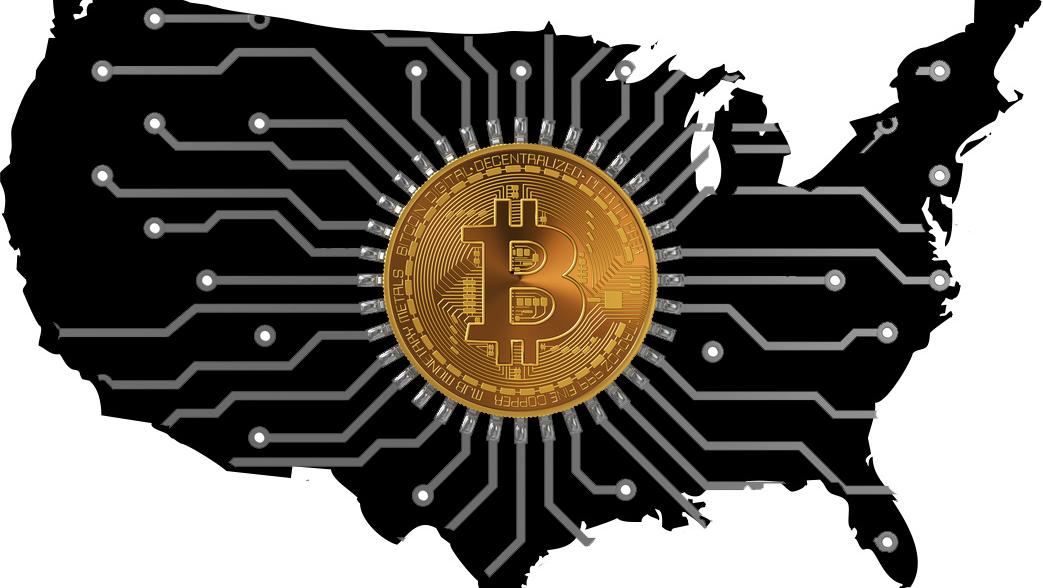PALO ALTO, Calif. (Reuters) - The Federal Reserve is looking at a broad series of concerns around digital payments and currencies, including policy, design and legal considerations around possibly issuing its own digital currency, Governor Lael Brainard said on Wednesday. Website link Brainard's remarks suggest more openness to the possibility of a Fed-issued digital coin than in the past." By landentugb754.jigsy.com/entries/general/fedcoin-and-fednow-are-dangerous-and-unnecessary- transforming payments, digitalization has the potential to deliver greater worth and benefit at lower cost," Brainard said at a conference on payments at the Stanford Graduate School of Company.
Reserve banks internationally are disputing how to handle digital finance technology and the distributed ledger systems used by bitcoin, which guarantees near-instantaneous payment at possibly low cost. The Fed is developing its own round-the-clock real-time payments and settlement service and is presently reviewing 200 comment letters sent late last year about the suggested service's style and scope, Brainard stated.
Less than two years ago Brainard informed a conference in San Francisco that there is "no engaging showed need" for such a coin. However that was prior to the scope of Facebook's digital currency aspirations were commonly understood. Fed authorities, including Brainard, have raised concerns about consumer securities and information and personal privacy risks that might be postured by a currency that might enter into use by the 3rd of the world's population that have Facebook accounts.

" We are working together with other reserve banks as we advance our understanding of main bank digital currencies," she said. With more nations looking into issuing their own digital currencies, Brainard stated, that contributes to "a set of factors to also be ensuring that we are that frontier of both research study and policy advancement." In the United States, Brainard stated, problems that need study consist of whether a digital currency would make the payments system much safer or simpler, and whether it could posture monetary stability risks, including the possibility of bank runs if cash can be turned "with a single swipe" into the reserve bank's digital currency.
To counter the monetary damage from America's unmatched nationwide lockdown, the Federal Reserve has taken unprecedented actions, consisting of flooding the economy with dollars and investing straight in the economy. Most of these moves got grudging approval even from lots of Fed skeptics, as they saw this stimulus as required and something only the Fed could do.
My brand-new CEI report, "Government-Run Payment Systems Are Risky at Any Speed: The Case Against Fedcoin and FedNow," information the threats of the Fed's present prepare for its FedNow real-time payment system, and proposals for main bank-issued cryptocurrency that have actually been called Fedcoin or the "digital dollar." In my report, I go over concerns about privacy, data security, currency adjustment, and crowding out private-sector competition and innovation.
Proponents of FedNow and Fedcoin say the government needs to develop a system for payments to deposit instantly, rather than motivate such systems in the private sector by raising regulative barriers. But as kept in mind in the paper, the economic sector is offering an apparently endless supply of payment innovations and digital currencies to resolve the problemto the extent it is a problemof the time gap between when a payment is sent and when it is received in a checking account.
And the examples of private-sector innovation in this location are numerous. The Cleaning Home, a bank-held cooperative that has actually been routing interbank payments in different forms for more than 150 years, has actually been clearing real-time payments given that 2017. By the end of 2018 it was covering half of the deposit base in the U.S.